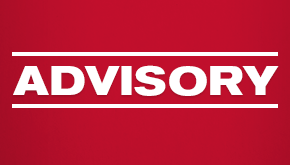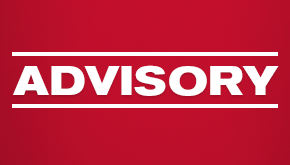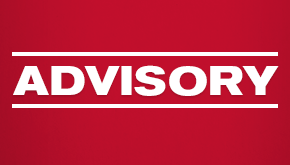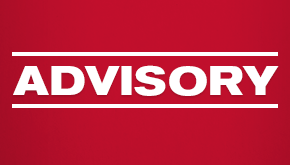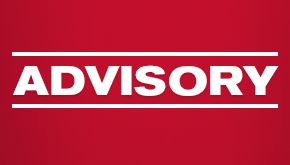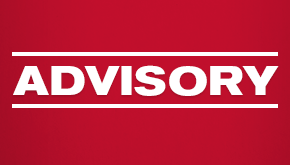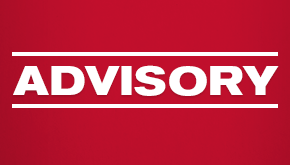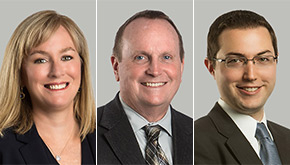Private Colleges and Universities Experiencing High Levels of Union Organizing
The efforts of Northwestern University football players to form a union may have garnered the most national media attention, but private colleges and universities across the country have seen union organizing efforts since the start of the year.
Sixteen different colleges and universities have been served with petitions at the National Labor Relations Board by unions just since the last week of January of 2014. Four of the petitions have gone to elections in which results are final and the unions won all four of those elections. The unions involved included the Service Employees International Union (SEIU), International Union of Operating Engineers (IUOE), Steelworkers, and various Police and Security unions. The targeted employee groups have included faculty, maintenance, service employees, and security forces. These colleges and universities are located on both coasts and the Midwest.
The NLRB has also invited briefs from interested parties in two important cases involving institutions of higher learning. In Pacific Lutheran University the NLRB is seeking amicus briefs on the issues of whether the NLRB should be exerting jurisdiction over religiously affiliated colleges and universities and what test should be used when deciding that issue. In Northwestern University the NLRB is seeking amicus briefs on the issue of whether scholarship student athletes are employees as defined by the National Labor Relations Act.
Colleges and Universities are solid targets for union organizers because they don’t outsource jobs, have lower turnover and are often some of the larger employers in their communities. Their positions are also often less likely to be replaced by advancements in technology unlike manufacturing.
In addition to increased union organizing attempts, institutions of higher education face a number of legal issues in 2014 including compliance with Title IX and the Amendments to the Violence Against Women Act.
Due to the growing number and variety of these legal challenges, colleges and universities need competent legal counsel that understand the unique nature of their organizations and the problems they face. Armstrong Teasdale lawyers regularly counsel large universities and small liberal arts colleges and can assist higher education systems with a full range of legal issues.


